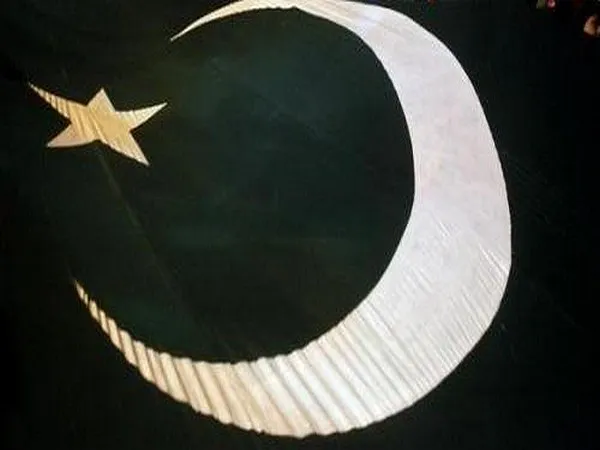Pakistan seems to be an ardent follower of its ‘all weather’ friend China. It follows its foot-steps everywhere. Not long ago, the Dutch Annual Intelligence Report categorized Beijing as the biggest threat to the country, now Pakistan finds itself among the list of countries that pose significant threat to Norway in the threat assessment report 2023 prepared by the Norwegian Police Security Service (PST).
The national threat assessment made by the PST is one of the three official threat and risk assessments published during the first quarter of every year. The remaining two are published by the Norwegian Intelligence Service and the Norwegian National Security Authority. The PST is Norway’s domestic security service. Its main task is to investigate and prevent serious offences that threaten national security. This includes identification and assessment of threats related to intelligence, sabotage, spread of weapons of mass destruction, terrorism and extremism.
Islamabad has the dubious distinction of appearing in the list for the last few years. It is perceived to be posing threat to Norway in terms of proliferation of sensitive technology. Norwegian businesses, researchers and research institutes possess knowledge and technology that are sought after for the development of advanced weapons systems and weapons of mass destruction. Certain Norwegian companies have developed technology and components with dual-use potential. Such goods are not primarily intended for the military, but they have properties that can be used for military purposes. Since Norway is an oil-producing country with considerable expertise in related sectors such as the maritime sector, the country possesses valuable competence in the field of advanced subsea technology.
It is alleged that Islamabad may use two ways to achieve its objective. On one hand, it will install its researchers in education and research institutes in Norway to unlawfully obtain sensitive technology and transfer it to Pakistan for development programs for weapons systems. On the other, it will try to circumvent Norwegian export control regulations to obtain Norwegian technology that is not permitted to purchase under Norwegian export control regulations or because of Western sanctions. The modus operandi is to create as much uncertainty as possible around the actual end user of the good. One method is to establish a highly complex corporate structure, with nominee and front companies and complicated supply chains. Another is to use an unusual freight route to transport the product to its final destination that makes it very difficult to detect breaches of the export control regulations.
The Norwegian authorities need to sensitize Norwegian companies about the nefarious designs of Pakistan in obtaining sensitive technology. Stricter export regulations and intense scrutiny of research scholars from Pakistan are the need of the hour for Norwegian authorities if they want to prevent sensitive technology from falling into wrong hands.

